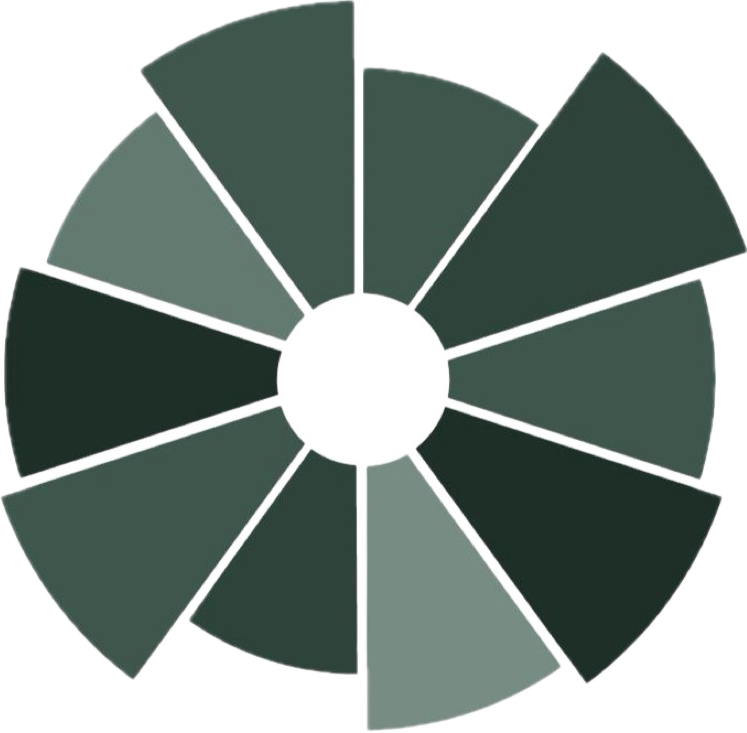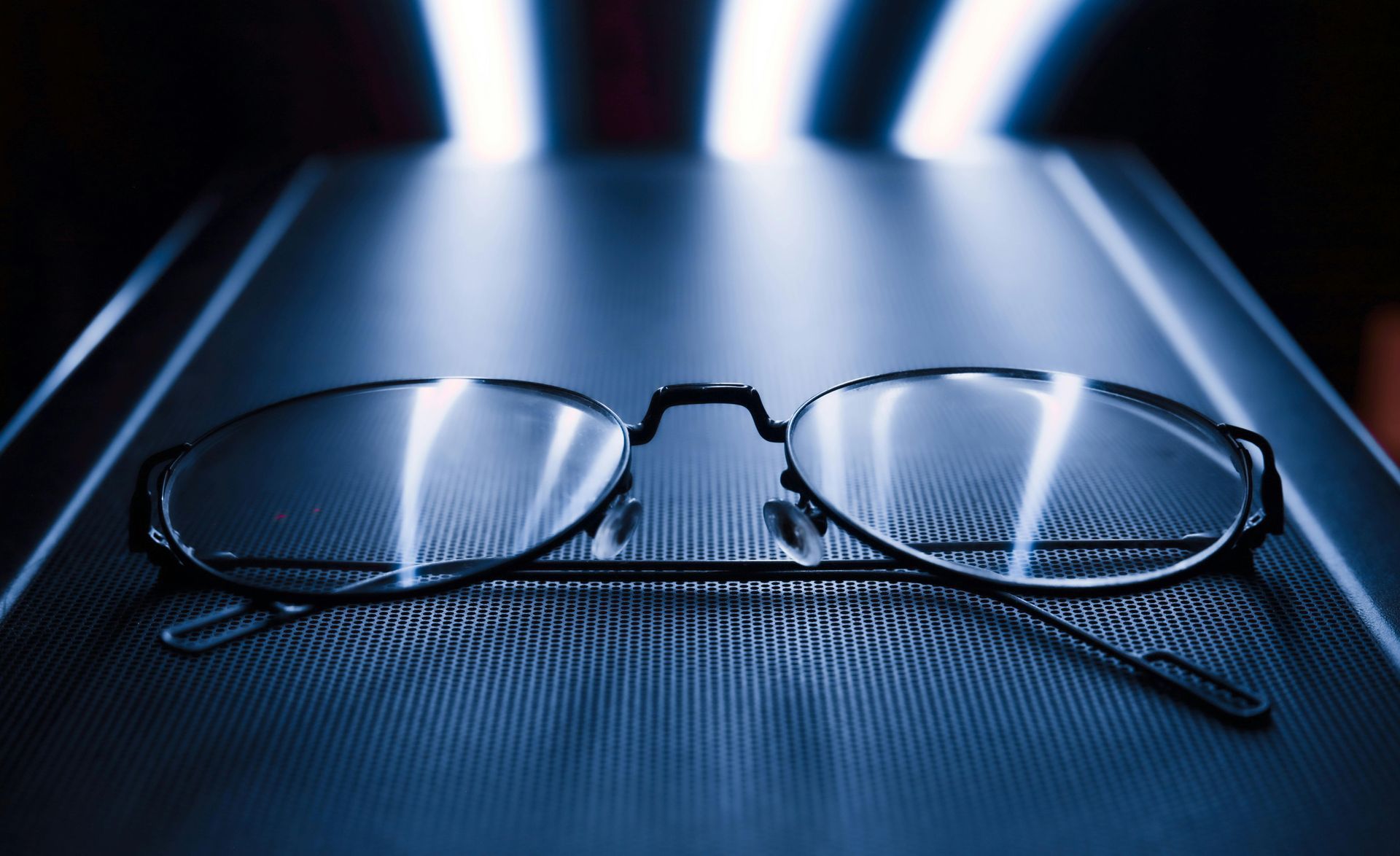the good doctor on: Glaucoma

Blog #45 On glaucoma
In a previous blog we looked at blindness; in this blog we are going to hone in on glaucoma. Glaucoma is a group of eye conditions that damage the optic nerve. The damage is usually caused by an abnormally high pressure in your eye. It is one of the leading causes of blindness for people over the age of 60.
There are approximately 400,000 people in Canada that have glaucoma, and as many as 50% of these people are undiagnosed. Glaucoma usually happens when the eye builds up pressure inside, restricting blood flow or directly constricting sensitive neurons in the eye.
The eye produces its own fluid which bathes the inside with oxygen and nutrients, and then the eye drains this fluid. When this fluid is over produced or the drainage gets reduced, then the pressure in the eye will increase. The biggest problem is that pressure increases usually happen slowly and quietly. By the time you realize that your vision is affected, you will have serious pressure issues (serious glaucoma issues).
This can be prevented.
Having your eyes checked regularly for pressures is very important. During a regular eye exam, your optometrist will check your eye pressures and do a multitude of other tests to detect the early signs of glaucoma such as checking the appearance of your optic nerves, and taking the measurement of neuron layers, ganglion cells, anterior chamber angles, and corneal thicknesses to name a few. The Canadian Association of Optometristsare an excellent resource on the topic.
Most glaucoma is treatable by prescription eye drops or laser surgery: any nerve damage, unfortunately, is irreversible.
People at higher risk:
Family history of glaucoma, a big factor.
Conditions like sleep apnea, or Raynaud’s syndrome increase risk.
Blood circulation is vital for all those demanding retinal cells, so regular cardiovascular exercise, no smoking, and getting your body mass index down are all positive ways to help.
Many of my patients are in the over 60 age group, and understand the need for regular eye check-ups. This blog is especially targeted to 30 to 50 years old’s who do not come regularly for eye checks. We are talking about prevention.
Call, text or write and tell my front desk staff that the good doctor sent you.
Til next week,
the good doctor, Dr. Mark Germain, Burlington Optometrist






